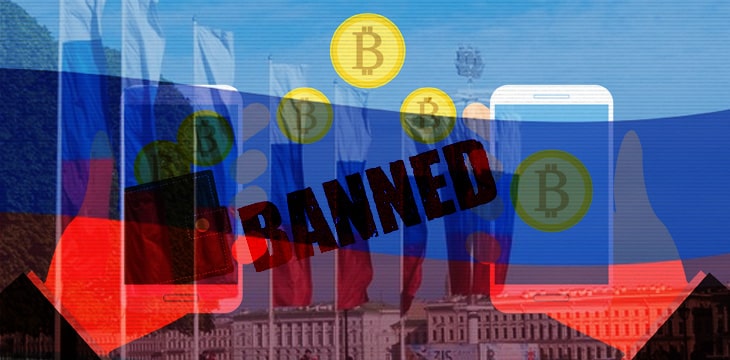|
Getting your Trinity Audio player ready...
|
Authorities in Russia have outlawed anonymous deposits to online digital currency wallets, in a ruling expected to affect as many as 10 million users in the country.
The latest step in Russia’s piecemeal approach to regulating the digital currency sector, the ban has ostensibly been introduced to prevent the use of digital currency for money laundering, terrorism financing and the drug trade.
Online wallet services in Russia are currently very popular, with as many as 10 million users regularly making deposits anonymously into different wallet providers. Some of these wallet deposits are used for transacting in digital currency, though the specific number affected in the sector is uncertain.
The measures will effectively end the practice of making deposits anonymously to online wallets, which is likely to directly impact a number of digital wallet providers operating in the country.
The current measures are thought to be unlikely to cause much disruption in the digital currency space, which is already facing significant challenges from Russian lawmakers’ protracted battles with regulation.
However, according to some local experts, the policy could eventually affect digital currency users as Russia continues to ratchet up anti-money laundering measures.
Others have suggested that the ban will only impact those digital currency exchanges that have so far failed to take their compliance obligations seriously. It is thought this could ultimately lead to dwindling demand for these services, as users look to ensure better compliance with the new measures.
The move follows the recent passing of the Russian digital currency bill into law, delivering a watered down version of previous proposals. The Russian bill aims to establish a specific legal framework for digital currency businesses for the first time. It comes at a time of increasingly restrictive measures for digital currency operators in Russia and elsewhere, as legislators look to establish control over the industry.

 02-22-2026
02-22-2026 




